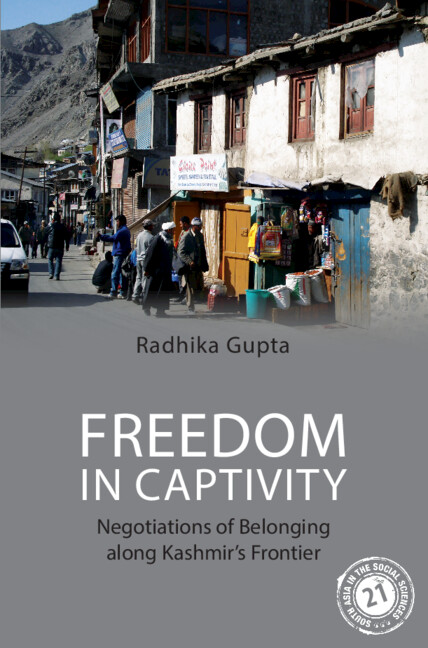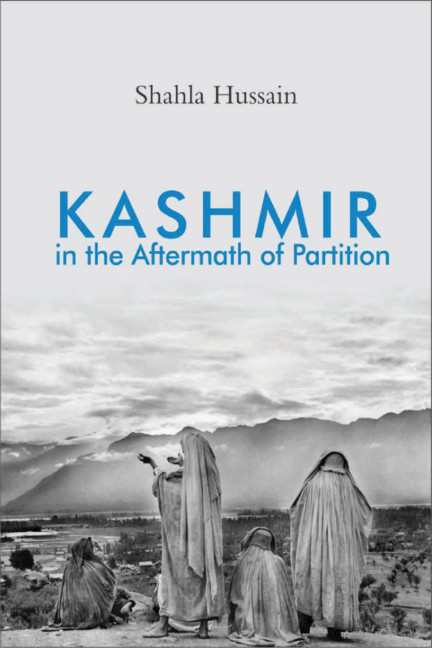Freedom in Captivity
How do borderland dwellers living along militarised frontiers negotiate regimes of state security and their geopolitical location in everyday life? What might 'freedom' mean to those who do not resist captivity engendered by borders? Focusing on the predicaments of a double-minority, Freedom in Captivity examines the affective attachments, political imaginaries, and ethical claims-making among the Shia Muslims of Kargil. In contrast to calls for freedom in the Kashmir Valley, Shias on the frontiers of Kashmir have sought belonging to India. Yet they do not entirely succumb to its hegemonic ideological boundaries. Departing from the dominant focus on physical cross-border mobility, this book is an invitation to reimagine borderlands as cartographies of ideas, cutting across spatial scales. Based on original ethnographic research conducted between 2008 and 2021, this monograph offers a unique long durée insight into the lives of people residing at the intersections of the biggest states in Asia.
- Granular and bottoms-up insight into a geopolitically strategic border region
- Provides understanding of Muslim minority politics in contemporary India
Reviews & endorsements
‘A path-breaking study of one of the great flashpoints of the Kashmir struggle, which for the first time breaks out of conventional narratives about treason, terrorism and the territorial conflict between India and Pakistan. Radhika Gupta’s brilliant ethnography gives us a wholly new and highly pluralistic vision of Kashmir set within a strikingly original global imaginary.’ Faisal Devji, University of Oxford
‘Radhika Gupta’s fine-grained ethnography and analytically sophisticated account of contemporary Shi‘i lives and practices in Kargil is a major contribution to scholarship on borderland communities and takes studies on Muslims in the Trans-Himalayan borderlands to a new level. It shows how Kargili Shi‘as draw on multiple networks of belonging and flows of ideas and ideologies to craft a self-confident future in their negotiation of regional and national projects of encapsulation. I hope that this eloquent and empathic account will reach the wide readership it deserves.’ Martijn van Beek, Aarhus University
Product details
July 2023Hardback
9781009201612
290 pages
236 × 159 × 19 mm
0.44kg
Available
Table of Contents
- Acknowledgments
- List of Figures
- List of Acronyms
- Introduction: Freedom in Captivity
- 1. Genealogies of Political Consciousness
- 2. Reforming Self and Society
- 3. Fighting for Justice
- 4. Talking about Culture
- 5. Living on the Edge
- Epilogue
- Bibliography
- Glossary
- Index.







